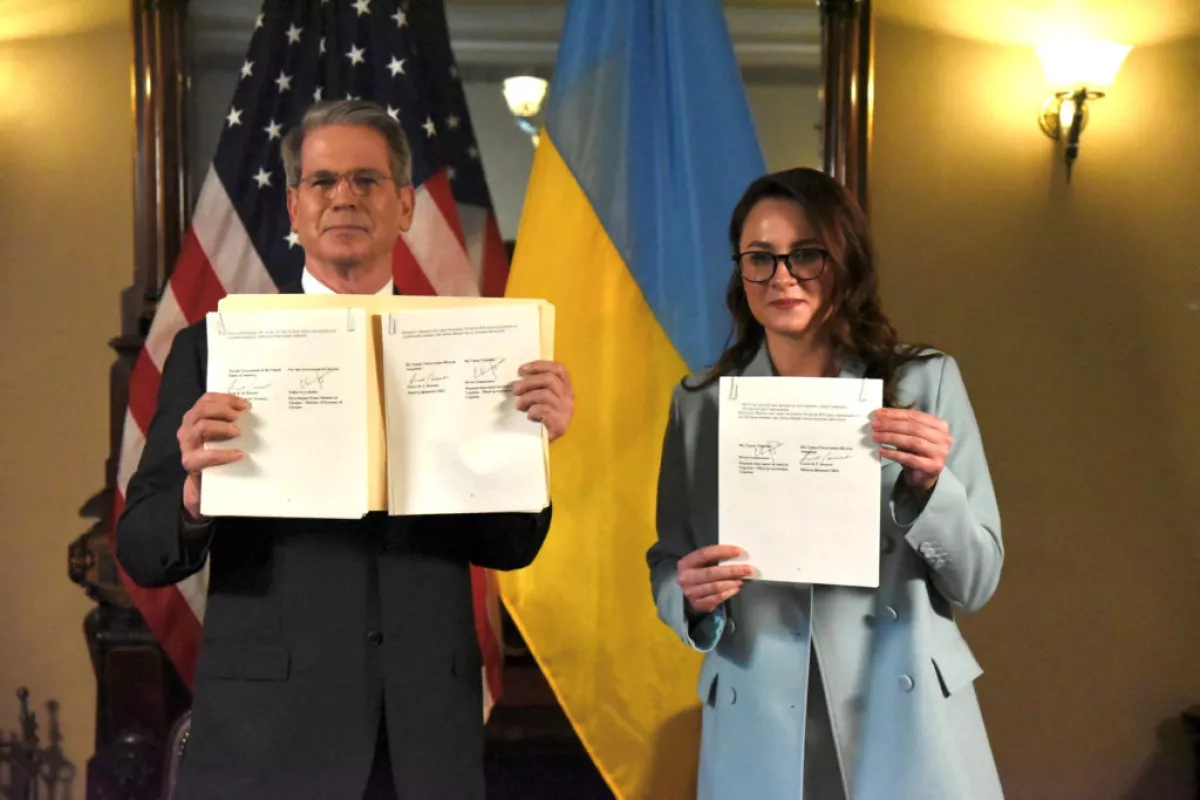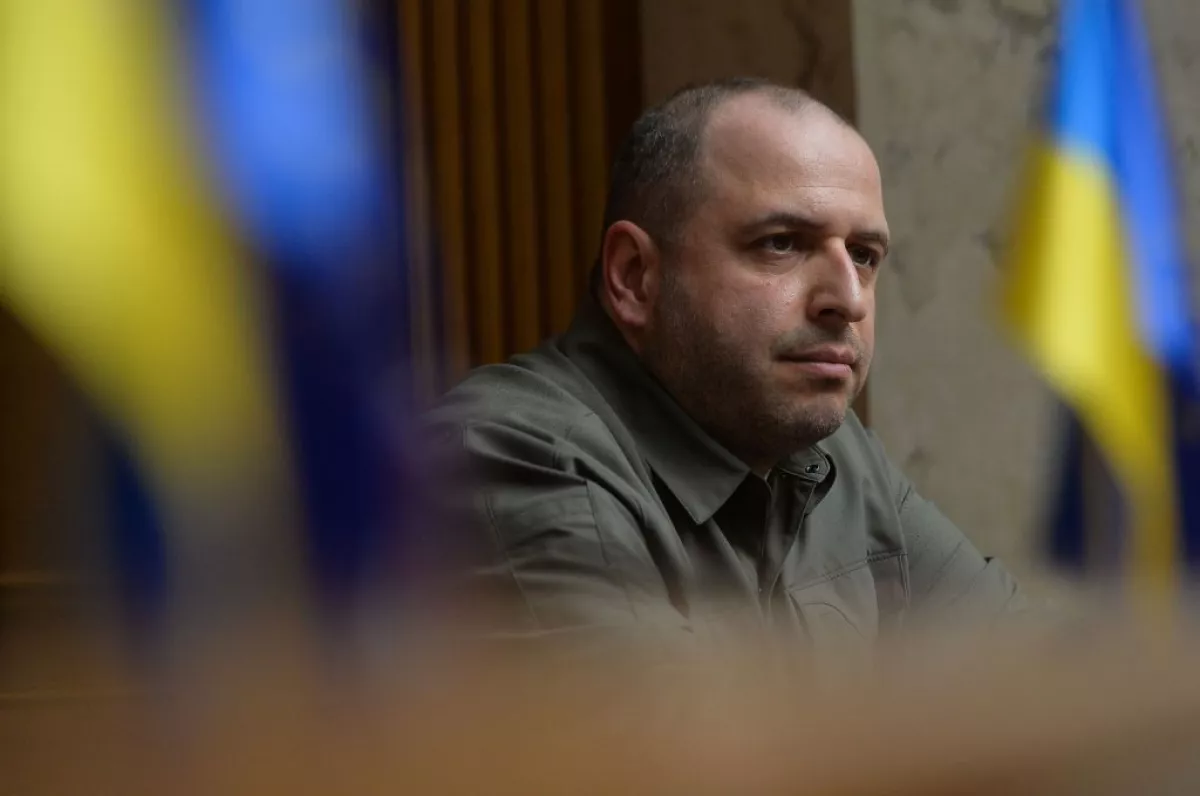Nuances behind Kyiv’s major government reshuffle Getting familiar with Ukraine’s new government
Ukrainian President Volodymyr Zelenskyy has initiated a wide-ranging government reshuffle, replacing his prime minister and appointing a new set of ministers in what analysts are calling a strategic shift in focus from wartime leadership to long-term economic recovery. Below is an overview of the major appointments and the officials who are staying in place.
Yulia Svyrydenko, formerly Ukraine’s economy minister and deputy prime minister, has taken over the top job from Denys Shmyhal, who served as prime minister since 2020. An economist by training from the Chernihiv region, Svyrydenko becomes Ukraine’s second female prime minister after Yulia Tymoshenko's historic appointment in 2005. The 39-year-old gained international recognition in recent months by negotiating the US-Ukraine critical minerals deal.
While critics say she is overly loyal to Andriy Yermak, Zelenskyy’s influential chief of staff, many praise her diplomatic finesse, particularly in improving US-Ukraine relations and helping secure a much-touted minerals trade agreement with Washington.

“By nominating Svyrydenko, Zelenskyy signals a shift toward economic endurance—focusing on deregulation, defense manufacturing, and fiscal discipline,” reported Poland’s TVP World, noting that the reshuffle also reflects a consolidation of executive power around Yermak.
In her first social media post as PM, Svyrydenko affirmed that her new government’s priorities would be to boost weapons manufacturing and increase deregulation to back Ukrainian entrepreneurs and boost the economy.
Former PM Denys Shmyhal, Ukraine’s longest-serving head of government, has been reassigned to lead the Ministry of Defense, replacing Rustem Umerov.
In turn, Umerov, a Crimean Tatar who served as defense minister since September 2023 and previously led Ukraine’s negotiating team in Istanbul, has been appointed secretary of the National Security and Defense Council, having been tasked by Zelenskyy to intensify negotiations with Russia as part of ongoing diplomatic efforts in Istanbul, as well as continue co-operating with international partners on arm supply channels.

Reshuffling catapults Svyrydenko’s circle into upper offices
Several of Svyrydenko’s former deputies have followed her into senior roles. Oleksii Sobolev, an economist and ex-deputy at the economy ministry, will now head a newly expanded super-ministry that merges the economic, agricultural, and environmental portfolios.
Meanwhile, Taras Kachka, another of her former deputies, has been appointed deputy prime minister for European and Euro-Atlantic Integration, replacing Olha Stefanishyna, who will become Ukraine’s new ambassador to the United States. According to Foreign Policy, the change aims to mend ties with Washington after previous diplomatic envoy Oksana Markarova upset Republicans last September by accompanying Zelenskyy on a visit to a US weapons factory in Pennsylvania with only Democratic lawmakers.
Additional notable shifts include Denys Uliutin, previously deputy finance minister, who will now lead the newly formed Ministry of Social Policy, Family and Unity. Svitlana Hrynchuk, previously minister of ecology, has been promoted to energy minister, freeing up Herman Halushchenko, who will now head the Ministry of Justice after serving as energy chief since 2021.
Ministers staying in place
Despite the sweeping changes, several senior figures will retain their posts. These include Foreign Minister Andrii Sybiha, Interior Minister Ihor Klymenko, and Finance Minister Serhii Marchenko, all of whom are seen as key pillars of Zelenskyy’s administration.
Other ministers continuing in their current roles are Deputy PM for Reconstruction Oleksii Kuleba, Veterans’ Affairs Minister Natalia Kalmykova, Health Minister Viktor Liashko, Sports Minister Matvii Bidnyi, and Education Minister Oksen Lisovyi.
The reshuffle reflects both a recalibration of domestic priorities and an effort to strengthen strategic alliances abroad, especially as Ukraine's war effort transitions into a more protracted phase requiring sustainable economic and military planning.
By Nazrin Sadigova








